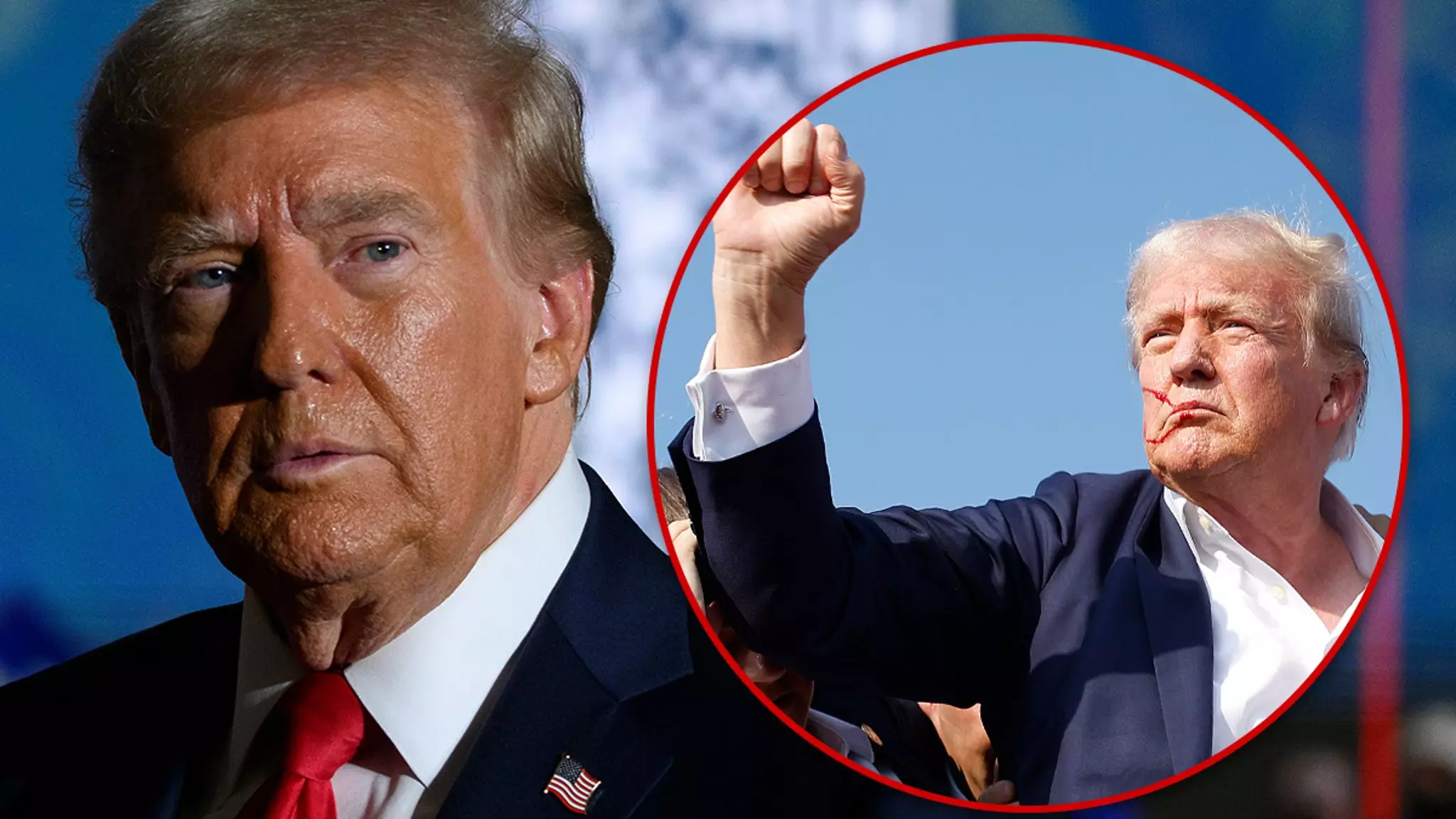In a striking display of resilience, former President Donald Trump is set to return to Butler, Pennsylvania, this Saturday for a campaign rally—a location stained by tragedy just three months earlier. This venue, known for its agricultural exhibitions, served as the backdrop for an assassination attempt that shook the nation. In a twist of fate, on July 13, a lone gunman, Thomas Crooks, addressed his grievances with a dangerous escalation, firing a bullet that narrowly missed Trump’s skull while he spoke on stage. The incident left one attendee dead and two others wounded, highlighting the stark realities of political polarization in America.
Trump’s decision to return to Butler is not merely a show of defiance; it underscores his determination to engage with his base in the face of adversity. He plans to resume his interrupted address with the phrase, “As I was saying,” anticipating a mix of humor and defiance that characterizes his rally style. The echo of gunfire that marred his last visit serves as a chilling reminder of the political climate, where threats against politicians are becoming increasingly real.
Security Measures Heightened
In light of the previous attack, the Secret Service is ramping up security for the Butler rally. The devastation witnessed at the last event has compelled law enforcement agencies to reassess their protocols to ensure the safety of the former president and his supporters. This response is indicative of a worrying trend where violence infiltrates political discourse, worsening the already fraught atmosphere surrounding electoral events. The ramifications of the July attack are still resonating, as both community members and federal agents grapple with the implications of personal safety in public gatherings.
Trump’s narratives will inevitably include pointed critiques of his Democratic opponents, particularly Vice President Kamala Harris. These verbal assaults, often characterized by hyperbole and violence against the opposition, raise critical questions about political discourse in contemporary America. With Trump’s rhetoric frequently igniting both fervor and division among his followers, the Butler rally promises to be another platform for his familiar brand of combative politics.
Tourism in the Aftermath
Interestingly, Trump noted that Butler is becoming a “big tourist site,” an ironic turn of events considering the violence that transpired. This remark reflects a complex and somewhat bizarre consequence of political violence, wherein locations associated with tragedy gain notoriety. It illustrates the paradox where a site of death and aggression morphs into a point of pilgrimage for supporters of a particular ideology, hinting at a reality where violence does not deter political mobilization but rather fuels it.
While Trump has positioned his return to Butler as a fulfillment of a promise to his supporters, the broader implications of such campaigns necessitate scrutiny. The atmospheres of his rallies serve dual purposes: they are both arenas for political expression and, increasingly, for potential violence. Trump’s desire to rally more support could certainly resonate with his followers, yet the problems of security, safety, and the erosion of civil discourse linger ominously in the background.
Trump’s rally in Butler signifies more than just a political comeback; it reflects the unnerving trajectory of American politics where the personal becomes perilous. As he steps onto the stage once more, the resonance of past threats underscores the urgent need for a reevaluation of how political debate is conducted in the United States.

